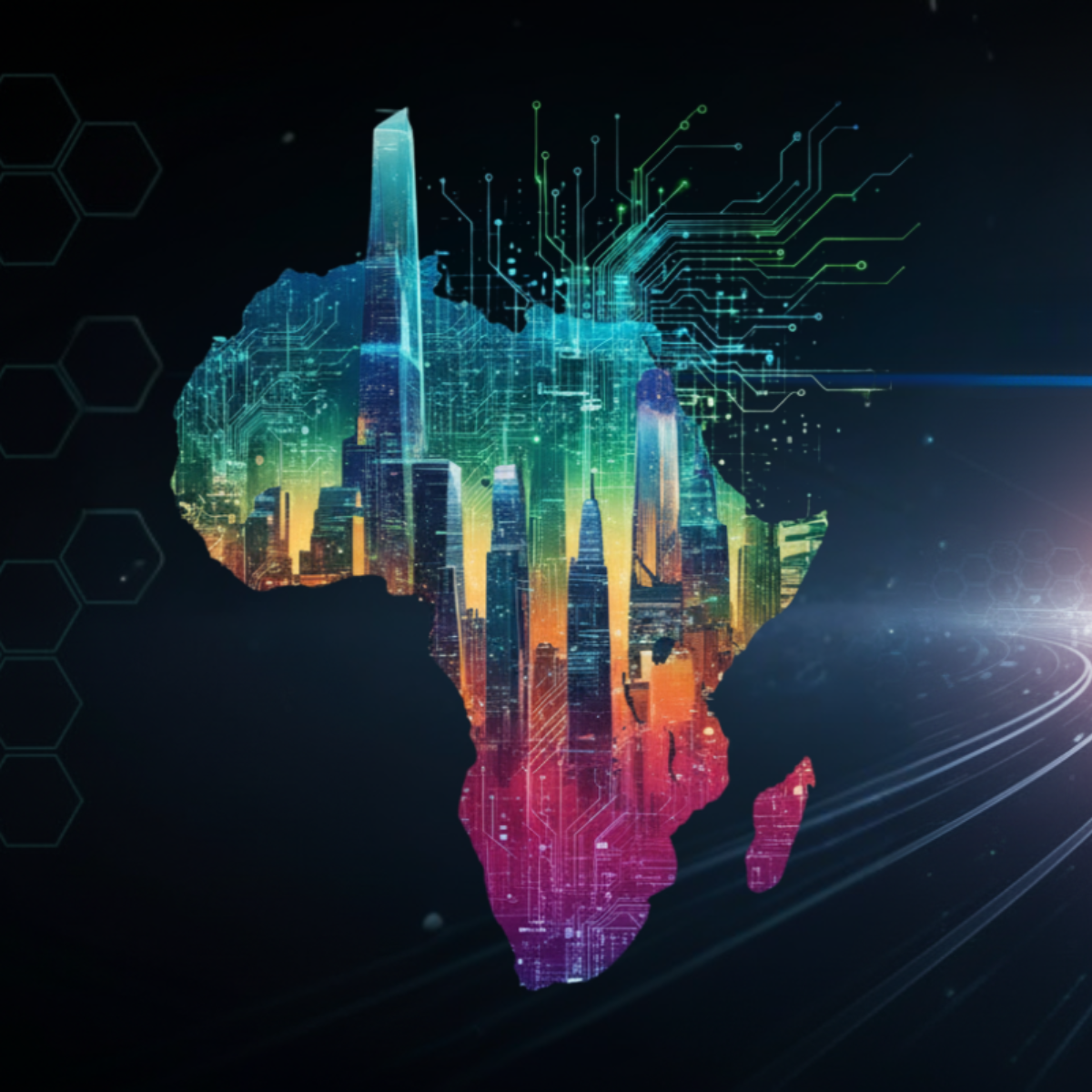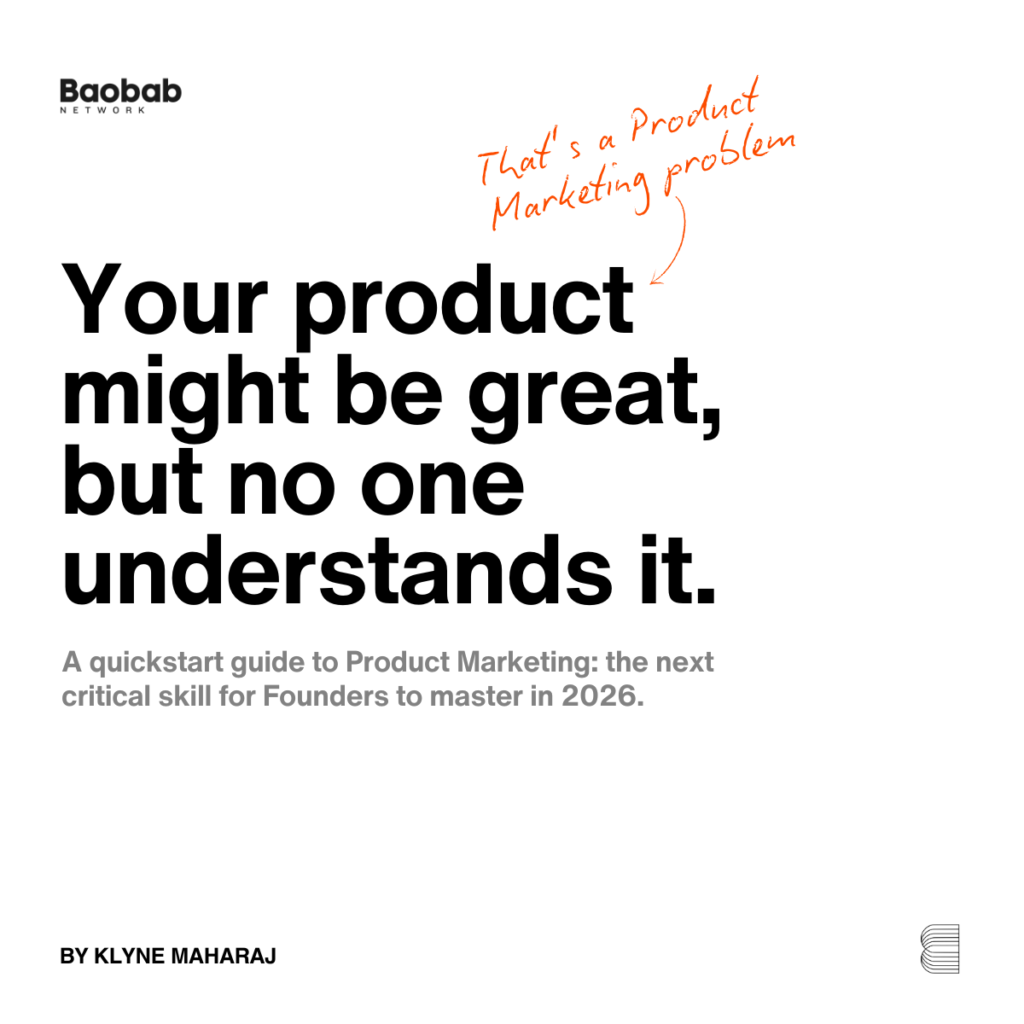From Constraint to Catalyst
You don’t have to look far to see how Africa has long transformed constraint into innovation — with mobile money and mini-grids standing out as prime examples. Now, as the world races into the era of artificial intelligence, the continent stands not as a bystander but as an emerging architect of what this technology could mean in diverse, data-scarce environments.
Across governments, research centres and startups, the conversation has shifted decisively from if to how fast. At a recent CNBC Africa dialogue on Harnessing AI for Africa’s Future, panellists agreed that “there is no time to be lost – the world is moving quickly, and Africa must move with it.” That urgency is being met with action. New policies, training programmes and partnerships are positioning AI as a key driver of Africa’s next phase of growth (CNBC Africa, 2025).
From Policy to Practice
Across the continent, researchers, governments and corporates are moving with urgency to define Africa’s role in the global AI landscape.
At the forefront of this effort is Professor Rosman from the University of the Witwatersrand, who founded the Machine Intelligence and Neural Discovery (MIND) Institute to unite researchers across disciplines. MIND drives exploratory research, from studying how culture shapes human-robot interaction to what sleep deprivation in AI reveals about human and machine behaviour. Rosman is also known for his candid views on what he calls the “African angle” in AI. While many frame Africa’s role around practical applications like local languages, healthcare, or financial inclusion, he argues that this perspective is too narrow. As he puts it, Africa has the capacity to shape AI itself, not just its use cases, and to contribute meaningfully to building the future of the field.
In Nigeria, Dr. Bosun Tijani, Minister of Communications, Innovation and Digital Economy, is taking this vision into practice. He is driving the 3 Million Technical Talent (3MTT) programme and leading the country’s National AI Strategy, both designed to nurture a generation of AI-ready talent and position Nigeria as a regional innovation hub.
Both Rosman and Tijani were recently featured in TIME’s 100 Most Influential People in AI, underscoring the growing global recognition of Africa’s leadership in this space (TIME, 2025).
Meanwhile, continental collaboration is strengthening. The African Union is developing a coordinated AI framework, while UNESCO’s AI for Africa initiative (launched at the G20) is training 15,000 civil servants and 5,000 judicial personnel in AI policy and ethics. It also includes readiness assessments across more than 25 African countries to support responsible and inclusive adoption. Together, these efforts signal a shared determination for Africa to shape — rather than inherit — the global AI agenda.
At the same time, private sector adoption is accelerating. According to McKinsey & Company, over 40% of African institutions are already experimenting with or deploying AI, with the potential to unlock between $61 billion and $103 billion in annual economic value if scaled effectively (McKinsey, 2025). The most immediate gains are emerging in data-rich sectors such as banking, telecoms, retail, and public services — yet the real transformation lies in how AI can enhance productivity across Africa’s comparative strengths: agriculture, education, and small business.
From Consumption to Creation
For years, global headlines on AI have been dominated by the race between major tech companies. But across Africa, a quieter transformation is underway — one focused on building infrastructure, training data locally, and creating tools that reflect the continent’s realities rather than importing those built elsewhere.
- Intella, a Cairo-based startup, raising $12.5 million to develop Arabic-language generative AI models (The Condia, 2025)
- InstaDeep, founded in Tunisia and now a global AI leader, acquired by BioNTech in a landmark deal that highlights how African-born AI talent is shaping global innovation (InstaDeep, 2023)
- Vodacom Business and Google Cloud partnering to expand AI and cloud services across African enterprises (Vodacom, 2025)
- Africell Angola launching AfriGPT, the country’s first AI service accessible via SMS and USSD, bringing AI to users without internet access (Africa News Agency, 2025)
- African Billionaire, Strive Masiyiwa unveiling plans for Africa’s first AI factories to train models locally (Tech Africa News, 2025)
These developments highlight a continental shift from consumption to creation. African innovators are no longer adapting imported tools but designing AI systems that reflect their own languages, business realities and infrastructure. While challenges around data quality, governance and talent persist, initiatives like UNESCO’s readiness programme and the AU’s policy framework are beginning to close these gaps.
By developing solutions grounded in local culture and need, African founders are proving that intelligence, human and artificial, can grow together.
Baobab’s Outlook: Investing in Africa’s AI Future
At Baobab Network, we see artificial intelligence not as a standalone sector, but as a foundational layer shaping every industry we invest in. From fintech and logistics to healthtech, agtech and human capital, AI is accelerating our mission to back technology-driven solutions that drive productivity, access and affordability across Africa’s digital economy.
Within our portfolio, founders are already using AI to strengthen credit models, automate engagement, and deliver more personalised digital experiences. Take Community Wolf as an example. It began as a WhatsApp-based platform for reporting crime and suspicious activity, using a channel already familiar to millions across South Africa. Through agentic AI, Wolf is now combining these reports, with other fragmented data to build an intelligent technology stack serving the entire public safety industry. For many, AI is not about novelty but about leverage: improving efficiency, deepening insight, and compounding product advantage over time.
That same philosophy guides Baobab OS, our proprietary operating system. We use AI to enhance how we source, assess and support founders, analysing thousands of data points to identify exceptional talent early and allocate capital with greater precision. It reflects the same evolution we see across Africa: data turning into intelligence, and intelligence into action. Looking Ahead
The future of African venture lies at the intersection of contextual AI and capital efficiency, where lean, locally trained models create lasting advantages in frontier markets. As AI becomes embedded in Africa’s economic architecture, Baobab will continue to invest in founders who not only adopt these tools but build them into the fabric of how their businesses scale responsibly.
Our conviction remains simple: Africa does not need to replicate global AI models: it will define its own. And as this transformation unfolds, we will keep backing the entrepreneurs making that vision real.



